902047
Pyridine-2,6-bis(carboximidamide) dihydrochloride
≥95%
Synonym(s):
Weix 2-pyridylcarboxamidine ligand for nickel catalysis
Sign Into View Organizational & Contract Pricing
All Photos(3)
About This Item
Empirical Formula (Hill Notation):
C7H11Cl2N5
CAS Number:
Molecular Weight:
236.10
UNSPSC Code:
12352101
NACRES:
NA.22
Recommended Products
Assay
≥95%
form
powder or crystals
reaction suitability
core: nickel
reaction type: Cross Couplings
reagent type: catalyst
Application
This pyridyl carboxamidine ligand has been demonstrated by Daniel Weix′s lab to enable nickel-catalyzed cross-coupling of diverse basic nitrogen heterocycles with primary and secondary alkyl halides.
Other Notes
Storage Class Code
11 - Combustible Solids
WGK
WGK 3
Flash Point(F)
Not applicable
Flash Point(C)
Not applicable
Choose from one of the most recent versions:
Already Own This Product?
Find documentation for the products that you have recently purchased in the Document Library.
Eric C Hansen et al.
Nature chemistry, 8(12), 1126-1130 (2016-11-23)
Ligands are essential for controlling the reactivity and selectivity of reactions catalysed by transition metals. Access to large phosphine ligand libraries has become an essential tool for the application of metal-catalysed reactions industrially, but these existing libraries are not well
Eric C Hansen et al.
The Journal of organic chemistry, 82(14), 7085-7092 (2017-07-07)
Despite their importance, the synthesis of alkylated heterocycles from the cross-coupling of Lewis basic nitrogen heteroaryl halides with alkyl halides remains a challenge. We report here a general solution to this challenge enabled by a new collection of ligands based
Robert J Perkins et al.
Organic letters, 19(14), 3755-3758 (2017-07-14)
A constant-current electrochemical method for reducing catalytic nickel complexes in sp2-sp3 cross-electrophile coupling reactions has been developed. The electrochemical reduction provides reliable nickel catalyst activation and turnover and offers a tunable parameter for reaction optimization, in contrast to more standard
Our team of scientists has experience in all areas of research including Life Science, Material Science, Chemical Synthesis, Chromatography, Analytical and many others.
Contact Technical Service
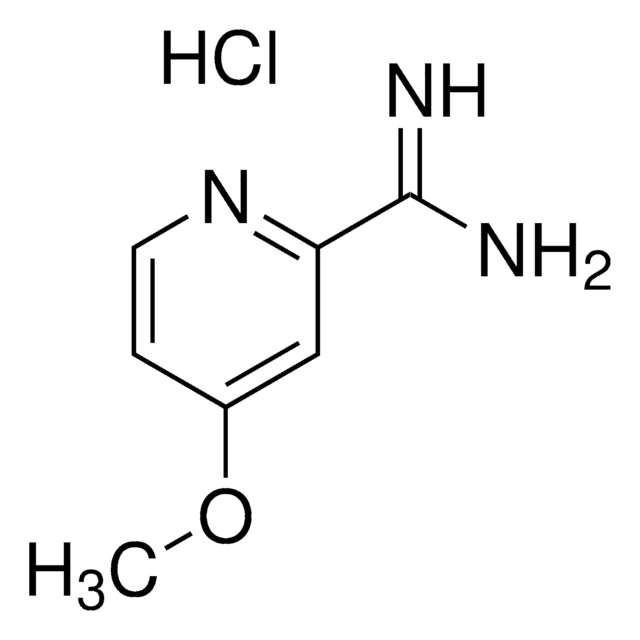

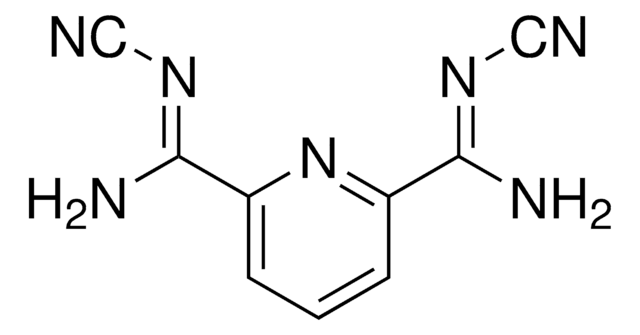

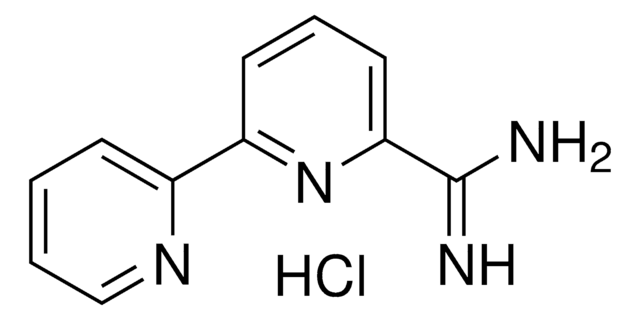
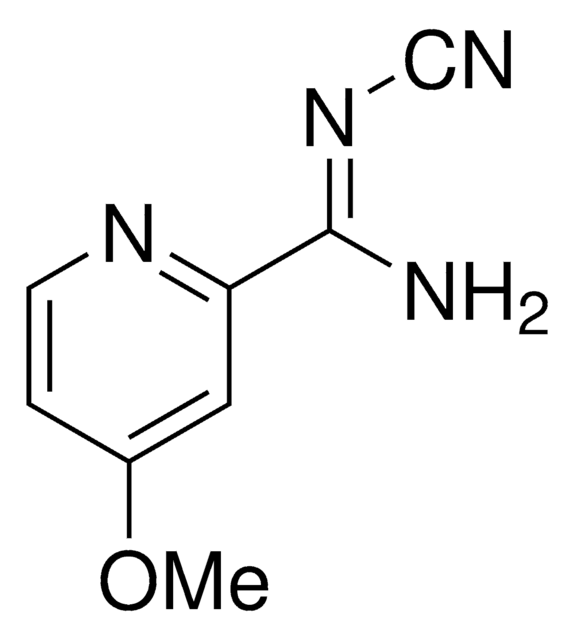
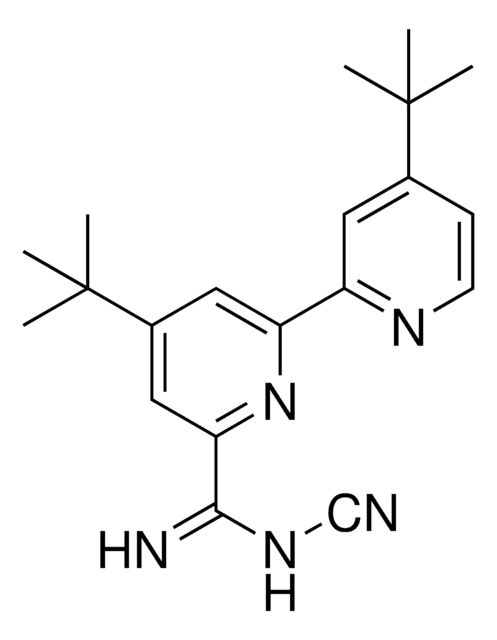
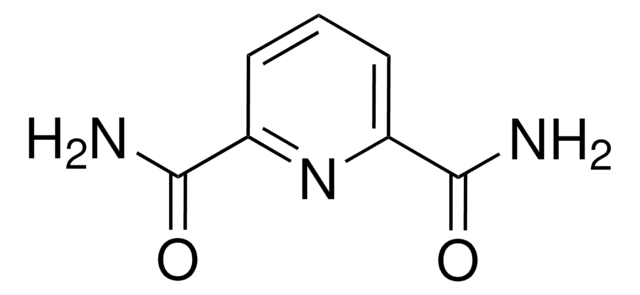
![(Ir[dF(CF3)ppy]2(dtbpy))PF6](/deepweb/assets/sigmaaldrich/product/structures/982/913/02dd8ddd-6deb-40a0-ab9b-07b18f1abb09/640/02dd8ddd-6deb-40a0-ab9b-07b18f1abb09.png)